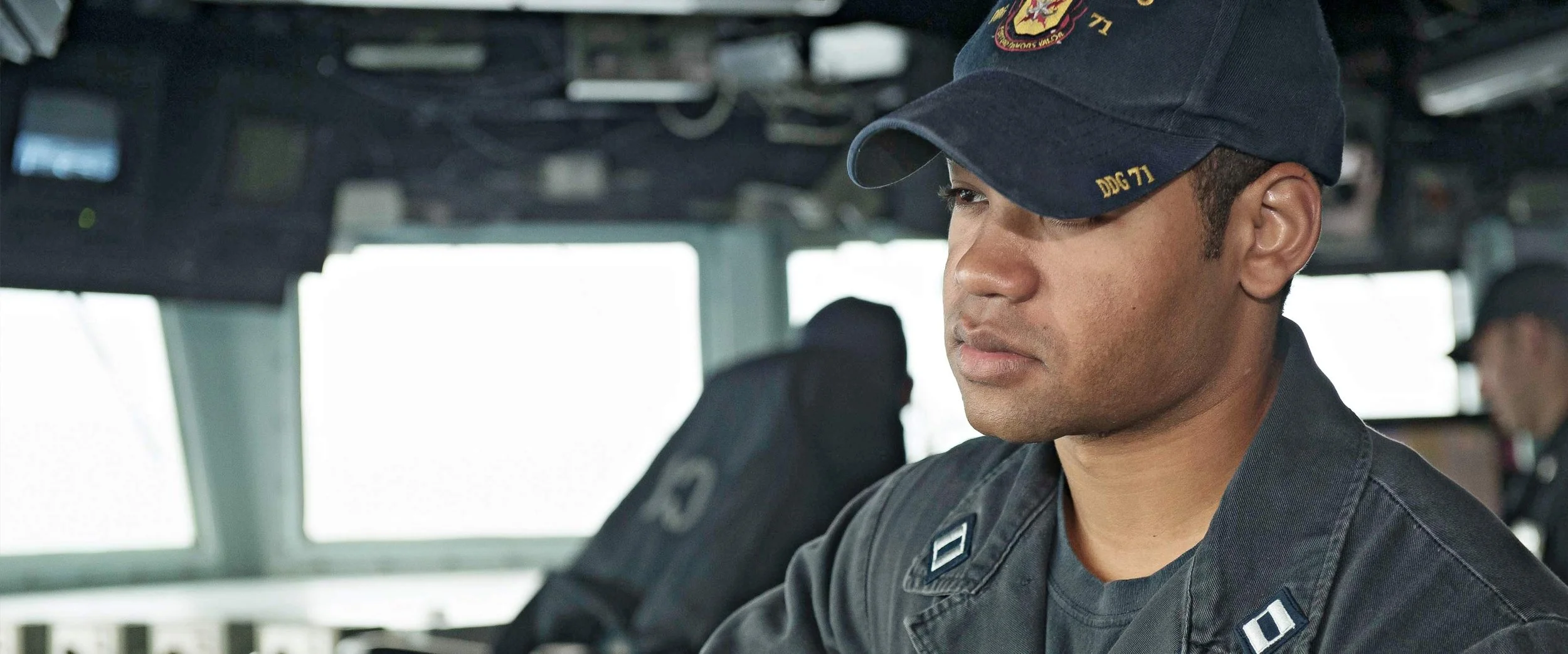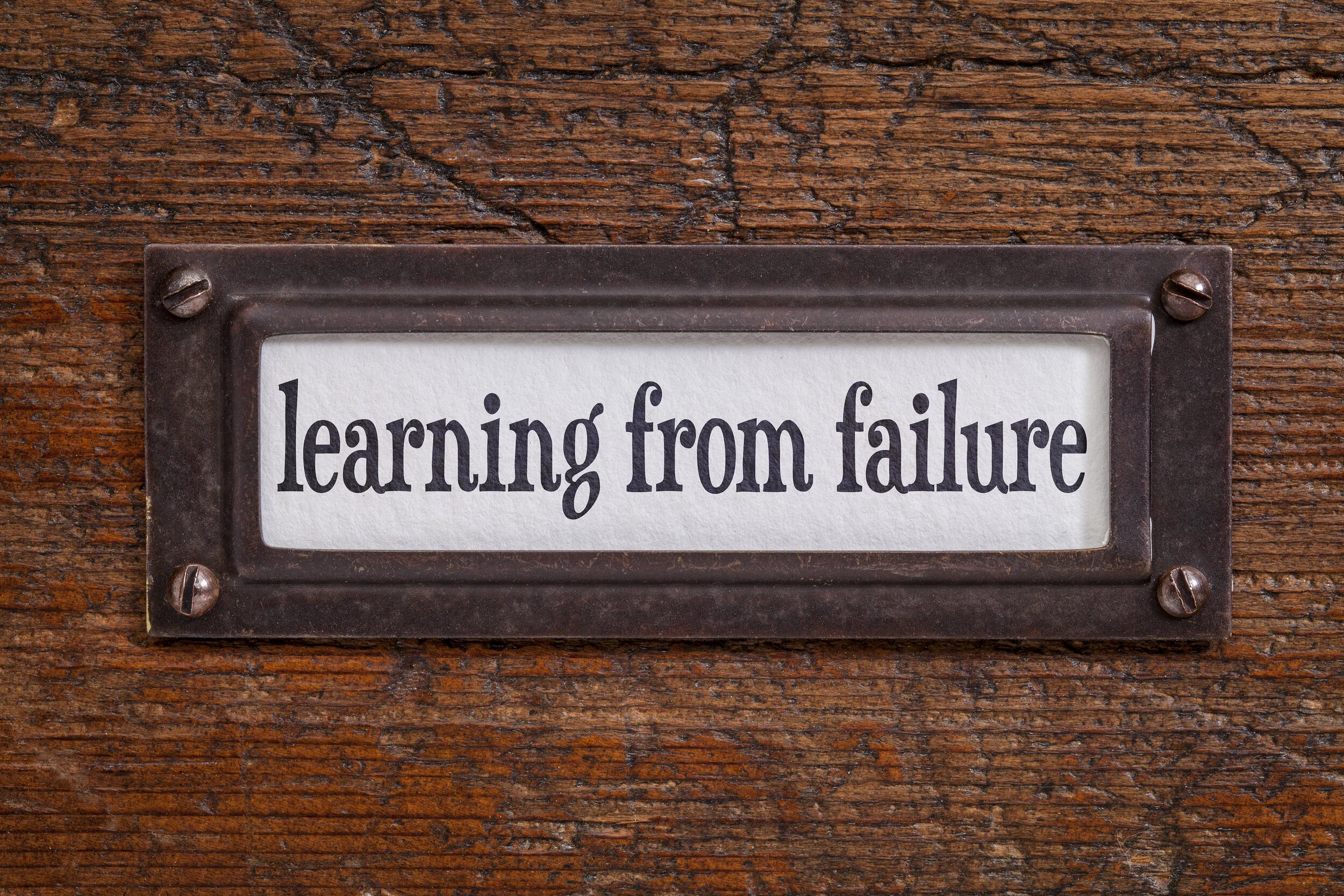Post 9s: Collision at Sea-What to do? Pt 2 Junior Officers
Introduction
I have asserted in previous posts (here and here) that learning from safety investigations or incident reports isn’t easy. For many reasons that I won’t cover here, the reports are seldom written with the aim of facilitating learning. Does this mean that learning is impossible? No, but you need a strategy to overcome the barriers.
A prospective learner needs to overcome several learning obstacles presented by investigation reports. First, taking action depends on where you are in an organizational hierarchy. In the JSM-ALNIC collision, there were problems at numerous levels of the chain of command. A junior officer can’t have an impact on decisions that are solely within the authority of the Commanding Officer. A second obstacle is hindsight bias. After the collision, you know how every action and decision of the participants contributed to the outcome. In the real world, *no one* has this God-like perspective. Everyone is immerse in a daily stream of priorities, interruptions, and unexpected events.
What you learn is greatly influenced by your attitude. If you read an incident report and think, “Those dummies,” you are not going to learn much. Adopting a learning attitude means approaching what you read with the attitude “How could this happen to me?” Make it personal because it certainly will be when you are at the end of the “long green table.” Only you can make important connections between what you read in the report and your own abilities, experience, relations with your boss, and span of control.
In this post, I have tried to reduce the influence of hindsight on my recommendations. To do so, I begin by reviewing the main issues identified by the accident reports. My list is devoid of descriptions of what the participants should have done. Next, I review my recommendations for what anyone can do from this post. Finally, I propose actions that an organization’s junior officers can take to improve reliability at *their* level.
Main Issues of the JSM-ALNIC Collision (review)
Lack of proficiency with steering casualty response (watch team on duty, possibly others)
Routinely operating the steering system in a lower reliability mode (CO, unidentified others)
Poor understanding of steering system operating modes and indications (many personnel)
No procedure for transferring steering control between stations
Not using available indications to verify conning orders (Bridge team)
Entering the TSS with the most inexperienced OOD (CO, XO, Senior Watch Officer, the OOD’s Department Head)
Stationing the Sea and Anchor Detail *after* entering the Traffic Separation Scheme (CO)
What Anyone Can Do (review)
Read incident reports thinking, “What factors can I influence at my level?”
Study technical manuals and operating instructions for the most important equipment associated with your watch or area of responsibility.
Use and practice procedures for the most important operations associated with your watch responsibilities.
Know, review, and constantly practice casualty procedures.
Anticipate the system response for all orders you give.
Use and believe your indications.
Ask “Why?”and “How do you know?” as often as you can.
Speak up! This is especially important when you have doubt, don’t understand, or get confused (Weick, 1995). Don’t pretend you understand when you don’t.
These actions likely seem obvious, but don’t fool yourself. Humans fail to do them all the time. It takes effort, discipline, and sometimes external audits to do them well.
What a Junior Officer Can Do
One way to think about how a ship’s junior officers can learn from the JSM-ALNIC collision reports is reducing their blind spots. Blind spots are things you don’t know, but probably should, and you don’t realize it. Third-party investigators are really good at identifying them after organizational accidents. The challenge for junior officers is to reduce their blind spots before a disaster. Accept the fact that they can’t be eliminated entirely. Blind spot reduction begins with being deeply involved with and understanding the work of their division. It continues with building first-hand knowledge of important components and systems. Finally, it requires regular review of applicable instructions, procedures, and standing orders.
Having a deep understanding of the work in their division is a core responsibility of junior officers. As the officers closest to real work (i.e., fixing or changing physical things), junior officers play an important role in High Reliability Organizing. They should observe work as often as possibe to understand what each member of their division does and the support they need. Work they can observe includes: maintenance, cleaning, watchstanding (easier to do when you off watch), drills, training and other day-to-day activities of assigned personnel. They can observe assigned personnel on watch as well as peers they want to emulate. If they don’t know who to observe, they can ask the Senior Watch Officer. JOs must understand the details of the work to execute their responsibility for it. This is a fundamental principle of nuclear power.
While observing work, junior officers should ask questions. Just try not to interfere with it. This is generally tolerated if not welcomed by enlisted personnel or other officers. Since qualifications, training, and operations outside of the nuclear field lack its rigor, asking questions is the best approach to reducing the things junior officers don’t know about work. A few examples: What procedure is used? Where is that procedure? What are the critical steps? What are the safety issues? What qualifications are necessary? What training did you receive? How is the technical manual used for this work (not always needed, but still a good question)? What other references are necessary and where are they? What test equipment is necessary and how is it used? How do you recognize something is wrong and who do you tell? What makes the work harder (other than someone asking lots of questions)? How is the work documented? How do enlisted leaders manage the work of the division?
I have personally experienced or suffered egregious problems as a result of people that “thought” they knew the answers to these questions, but didn’t. A junior officer probably shouldn’t ask all these questions every time they observe work, but they do represent the detailed knowledge necessary to understand it.
Don’t pretend you understand something when you don’t. If you don’t know something, commit to looking it up. Just the act of looking something up is likely to be beneficial. If you’re on watch, imagine what you would say to someone who asked you “How does that thing work?”, “What’s the procedure for this?, or “Why do you do it that way?” Like Adam Smith’s (2009) impartial spectator, imagine what an observer would say about how you perform your duties on watch.
* Smith, A. (2009) The Theory of Moral Sentiments, D. D. Raphael and A. L. Macfie (eds). Penguin Classics.
A junior officer must be deeply familiar with all of their assigned equipment. Recall that a crucial conclusion of the JSM-ALNIC collision reports was that Bridge watchstanders, the CO, and the officer responsible for Bridge qualification (likely many others not mentioned in the reports) did not understand the recently upgraded Steering Control System (SCS): its modes, displays, alarms, and operations. A more general way to state this is that key personnel did not adequately understand the design and operation a control system *fundamental* to safe navigation. No one realized this until after the collision!
If you are responsible for equipment, you need to know:
* Its technical details: planned maintenance, displays, operation, capabilities, limitations, and fault indications. You don’t get this understanding by having someone teach you or you will just inherit their blind spots. The only way to get this knowledge is by studying technical manuals. I learned this from my second Commanding Officer (thanks, Clint!), a nuclear operator. Gaining this kind of knowledge is deeply embedded in the nuclear qualification process.
* How people are trained on its operation? I got in trouble more than once because operators had misconceptions about the equipment for which I was responsible. Do you know what is required for qualification on your gear? Review the qualification card, and observe the training or conduct it yourself. There is no better way to understand something than teaching it to others.
The final way junior officers can reduce their blind spots is through regular review of instructions, procedures, standing orders, and Operations Orders (OPORDs). These are typically part of the qualification process, but without a system for regular review you risk forgetting important details like slowing to bare steerageway in the event of a loss of steering casualty. It is amazing how quickly these kinds of documents can become out of date because of equipment modifications or changes to other instructions.
Since junior officers have more things to do than hours available in the day (“Sleep? What’s sleep?” an officer at the Naval Academy once said to me), they need to budget their time and energy effectively. This starts with ensuring someone in their division is doing the things I suggested in my “What Anyone Can Do” post. Next, it is useful to write a plan for observing, learning about equipment, and spot-checking the work. I had to do this many times in my career or risk getting overwhelmed by the day-to-day flood of urgent things to do. Yes, I got overwhelmed, but my list helped me get back on track.
My final recommendation for junior officers is to be alert for times when your superiors put you in positions in which you cannot be successful. This includes being assigned a job without sufficient training, resources, or time to accomplish it. I know this is a sensitive issue. Since some bosses are less interested than others in creating an environment in which their subordinates can be successful, speaking up may not change anything or worse. Like my first department head, your’s might be “cursed with being mission-oriented.” Even so, you should still speak up if you see serious problems with what you have been directed to do. You will be held accountable for the results in any case. Maybe you are missing something important about the assignment, your boss didn’t realize you need help, or your boss can direct you to resources that will help you be successful.
In my next post in this series, I will describe what I think a Department Head or Executive Officer can do to improve reliability for the issues I identified from the USS JOHN S MCCAIN - MV ALNIC collision.



